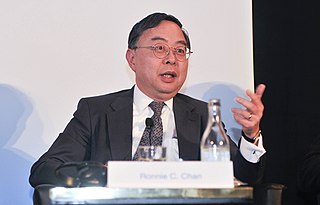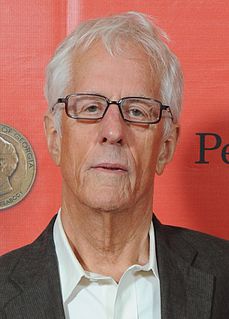A Quote by Susan Barker
My grandfather was originally from the south of China before he emigrated to Malaysia pre-World War II. And I wanted to learn more about the history of the country of my ancestors. I knew I wanted a narrative set in contemporary Beijing. I was really interested in the effect of the rapid social and economic change on ordinary citizens in China.
Quote Topics
About
Ancestors
Before
Beijing
Change
China
Citizens
Contemporary
Country
Economic
Economic Change
Effect
Grandfather
History
Interested
Knew
Learn
Malaysia
More
My Grandfather
Narrative
Ordinary
Ordinary Citizens
Originally
Rapid
Really
Set
Social
South
The History Of
Wanted
War
World
World War
World War I
World War II
Related Quotes
China is ruthlessly pragmatic. It supports North Korea for its own selfish interests. And I believe that China no longer considers us an ally. The current president, Xi Jinping, cultivates close relations with South Korea. He has never met with me, the leader of North Korea, something that the leader of China has always done. At the grand celebrations in Beijing two years ago commemorating the 70th anniversary of the end of World War II, he placed the president of Russia and the president of South Korea at his side. In North Korea, we pay a lot of attention to ceremonies and what they signal.
However, there is a fundamental difference between the issue related to Japan's history and our negotiations with China. What is it all about? The Japanese issue resulted from World War II and is stipulated in the international instruments on the outcomes of World War II, while our discussions on border issues with our Chinese counterparts have nothing to do with World War II or any other military conflicts. This is the first, or rather, I should say, the second point.
My nation faces a fundamental challenge - survival. The regime is more threatened than ever before. My forefathers had it easy. The Great Leader, my grandfather, ruled with the support of the world's other superpower at the time, the Soviet Union, as well as our China. But today, the Soviet Union is history and China has become more integrated with the Western system. And the United States seeks regime change in my country. And yet, we have survived with our ideology and system intact. How? Because we have built a protection for ourselves in the form of nuclear weapons.
The truth is that we have long had a multi-track Europe with very different objectives. The traditional differences between the north and the south in fiscal and economic policy are far less problematic than those that exist between Eastern and Western Europe. In the south and east, China is steadily gaining more influence, such that a few EU member states no longer dare to make decisions that run counter to Chinese interests. You see it everywhere: China is the only country in the world that has a real geopolitical strategy.







































